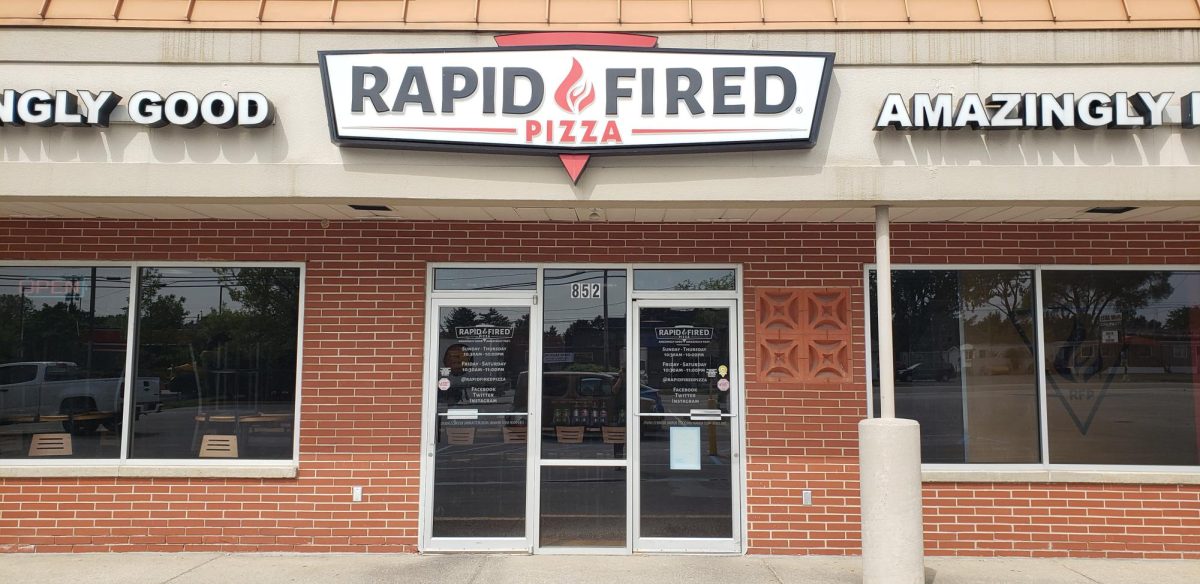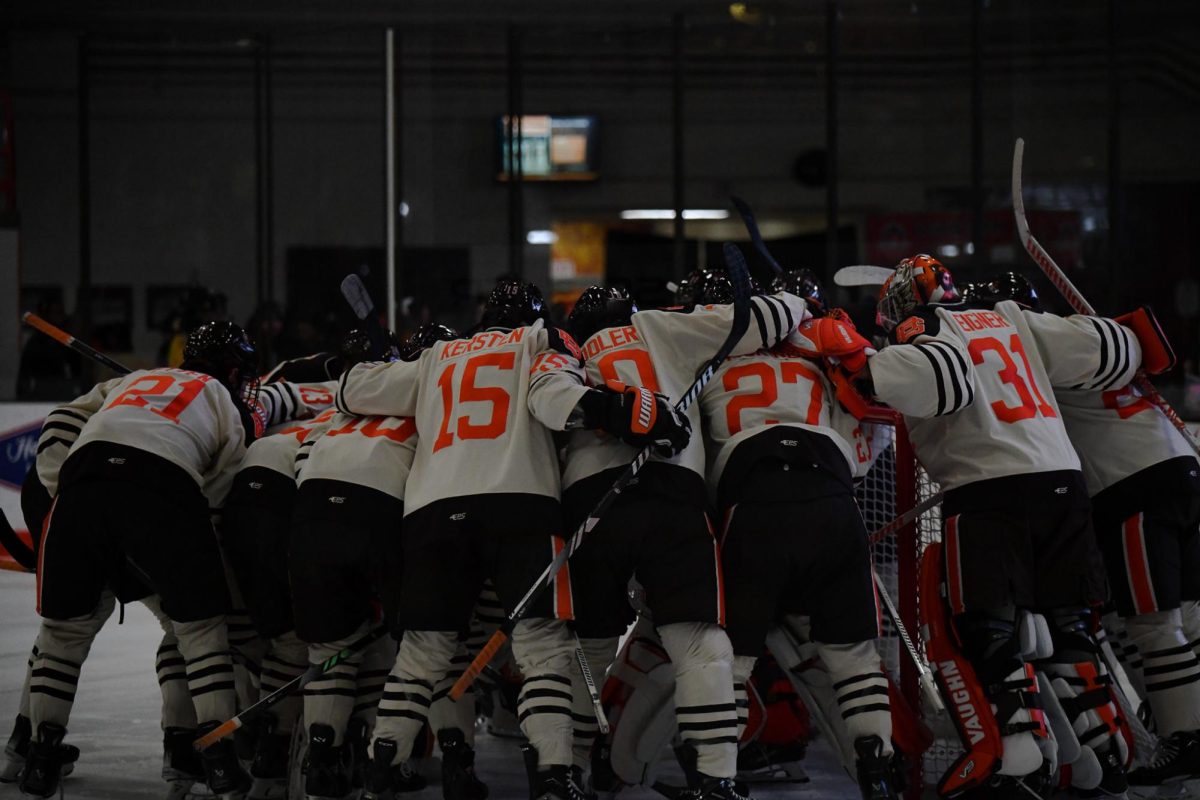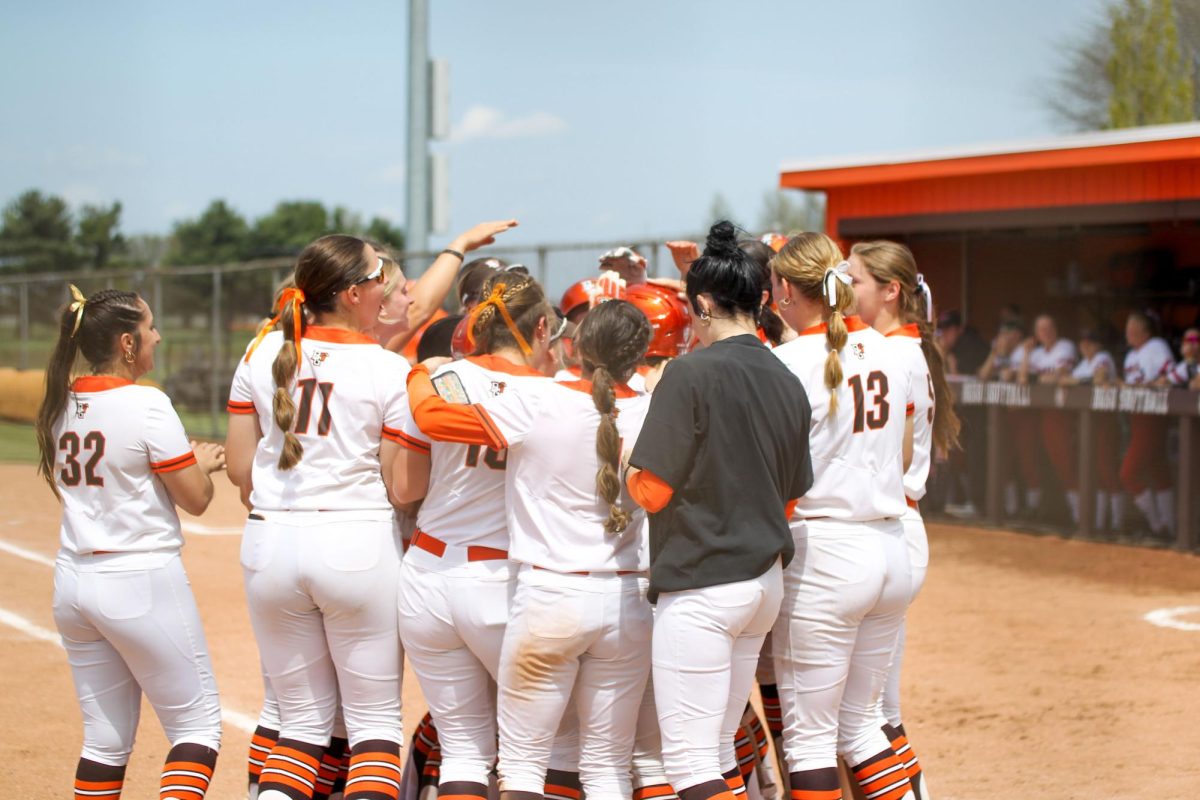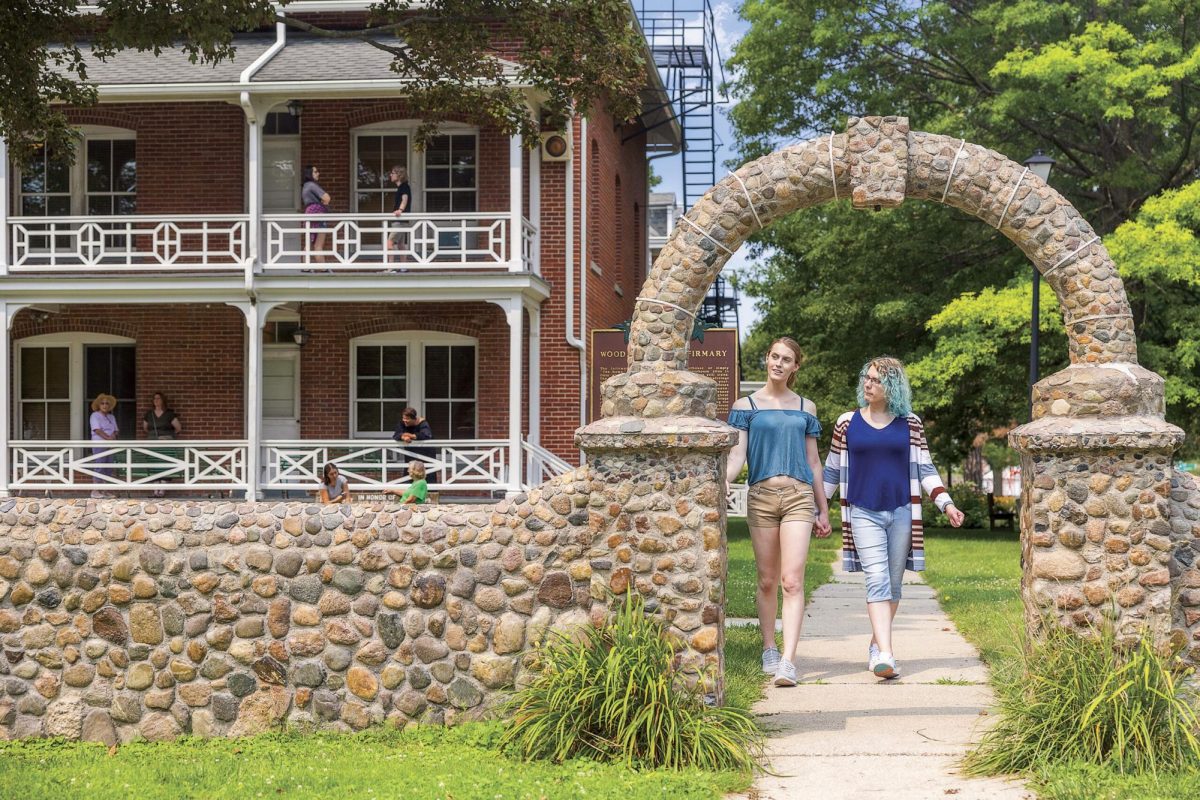By Corissa Jansen and Scott Willliams Milwaukee Journal Sentinel (KRT) MILWAUKEE _ Ranell Washington studies finance at the University of Wisconsin-Milwaukee, and he has not given much thought to trading his diploma for a pair of dogtags after graduation. But mention $18,000 in student loan forgiveness or a $5,000 bonus for college graduates who serve a scaled-back, 18-month stint in the military, and Washington raises an eyebrow. “I would definitely think about it,” the 21-year-old junior said. “It sounds appealing.” In a move to draw more college graduates into military service at a time of heightened patriotism, the Department of Defense is developing a short-term enlistment category that is less onerous than the usual four-year commitment. With financial incentives to pay off loans or fund graduate study, the new category is designed to remove one of the major hurdles believed to prevent college grads from serving _ signing away four years of their professional and personal lives. “Eighteen months _ that’s not a long-term commitment,” said Tiffany McWhorter, 23, a senior studying social work at UWM. Though she believes some graduates may be lured by the money or the desire to serve the country for a shorter period of time, McWhorter says she wouldn’t have anything to do with it. “I’m so anti-American-government right now,” says McWhorter, who cites the United States’ stance on war with Iraq as her primary reason for distrust. “There’s no way I would ever serve in the military.” Known as the National Call to Service program, the new recruitment tool is intended to promote the military more aggressively on college campuses. It was sponsored by U.S. Sens. Evan Bayh (D-Ind.) and John McCain (R-Ariz.), and approved by Congress last year as part of the 2003 Defense Authorization Bill. With advanced machinery used in the military nowadays, recruits with no advanced education often are ill-prepared for the modern battlefield, said Pat Grobschmidt, spokeswoman for the U.S. Army Recruiting Battalion in Milwaukee. Grobschmidt said her office in the past six months has enlisted 231 Army recruits who are college-educated _ more than 20 percent of those who signed up during that time period. She expects to see a continuing focus on colleges over high schools. “It’s been a gradual shift,” she said. “We need to continue that trend.” Bayh and McCain also want to expand the AmeriCorps community service program from about 50,000 members to 250,000 by 2010, but that and other civilian-related elements of the bill are still being evaluated by lawmakers. “We’re obviously hopeful of action this year,” said Marshall Wittmann, communications director in McCain’s Washington office. McCain was not available for comment. Enlistees in the short-term program will go through the same basic training as traditional recruits and will be required to serve two years in the active reserves on completing their 18 months of duty. The first recruits for short-term enlistment are expected to be in boot camp in fall. Justin Barnes, a junior studying marketing at UWM, said he thinks the military will likely find better-prepared recruits in college graduates than those fresh out of high school. “After (college) graduation, you have more of an awareness of what you want to do, where you want to go,” said Barnes, 22. “When you come out, you’re more prepared for the world.” Hanging out with Barnes and McWhorter in UWM’s union on a recent day, Washington agreed with Barnes’ assessment, adding that he thinks the military could help people build on their college experience. “From a life experience perspective, maybe I could get something out of it,” Washington said. “Like discipline, learning how to become team-oriented, or just expanding my values more. I really don’t approve of the war myself, but just the experience for myself might be valuable.” The war is exactly why 20-year-old Lisa Ihrcke would not join the military. She had considered joining the reserves to help pay for college but decided against it. “I’ll be honest _ most of the reasons why I wouldn’t join are pretty much selfish,” said Ihrcke, who plans to become a pharmacist. “I don’t want to go to war.” Steve Wollner, a sophomore studying architecture at UWM, said he might consider joining if he couldn’t pay for graduate school. “It depends on where I want to go. If I can afford it, I wouldn’t,” said Wollner, 20. “Service to the country is a good thing by itself, but I’d be a little reluctant, I think.” ___ ‘copy 2003, Milwaukee Journal Sentinel. Visit JSOnline, the Journal Sentinel’s World Wide Web site, at http://www.jsonline.com/ Distributed by Knight Ridder/Tribune Information Services.


















